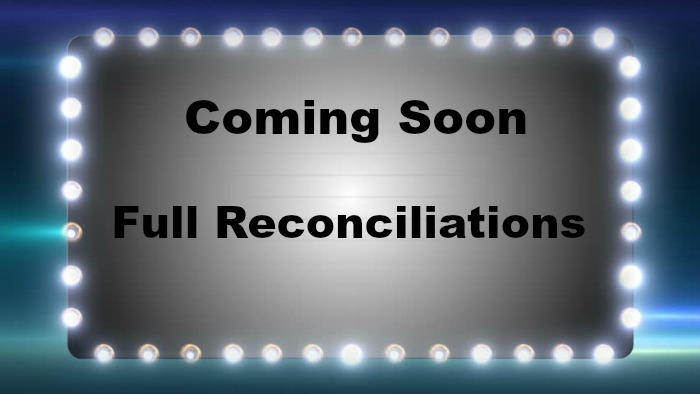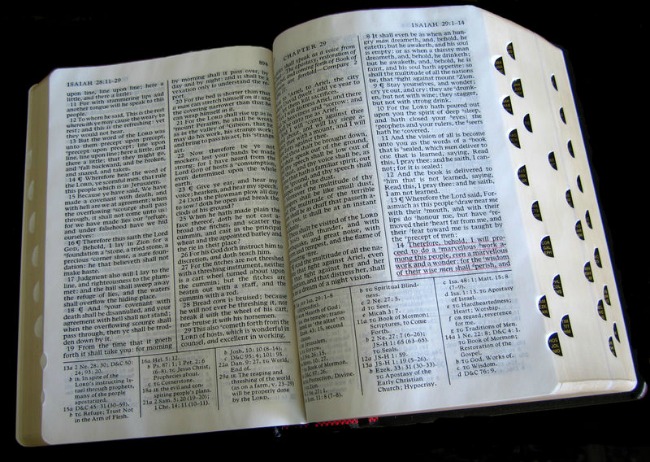Question
Gramps,
What if a member of the church becomes mentally ill and sins while suffering in the symptoms of their mental illness-are they accountable for those sins? An example would be the disassociation from developing C-PTSD and a brain injury of Post Concussion Syndrome from an abusive spouse.
Collins
Answer
Collins,
It is certainly true that C-PSTD, other dissociative disorders and brain injury can cause the sufferer to commit sin they would not normally do to varying degrees of severity. But before, I answer your question, I need to clarify something for readers. You mentioned disassociation in C-PTSD; another closely related dissociative disorder is Dissociative Identity Disorder (DID). Movies, TV series and books love to sensationalize this disorder by making one of the alters of the afflicted person a murderer, or otherwise violent. This is really just Hollywood fantasy. People who suffer from DID or C-PTSD have suffered repeated violence, usually as a child. Dissociation occurs as a way to protect the person from memories so painful it would be hard for them to function in daily life. With this dissociation, some are able to be successful in their chosen pursuits. An example of this is Robert Oxnam, an internationally renowned scholar on China. Hershel Walker, a pro-football player and Heisman Trophy winner, also suffers from DID.
You asked if a person with mental illness will be held accountable for their sins. There is one thing I can promise you, the Lord will be just and fair in His judgments. In our church, one must be eight years old before they can be baptized. This, we are taught, is the age of accountability. In other words, younger children are not held accountable for their sins because they are not old enough to understand. I believe that in some cases mental illness can make someone not accountable for their actions. Naturally, this would be on a case by case basis, something between that individual and the Lord, our merciful Judge. We can trust that His judgments will be just and fair.
It is such a blessing to know that Christ will be fair in His judgment because so much in this life is not fair. For now we live in a fallen world where often things are not fair. When I get frustrated with the injustice I see around me, I think about the Savior. He, who was perfect, did not deserve to suffer and die as He did. But He was willing to do so, in order to succor us, heal us and yes, judge us. Because of His atonement He understands not only about sin, but about all the pain that comes to us in this life. This makes Him not only our merciful judge, but the Great Physician and Healer. We can trust His judgment and His healing. Until such time, may we all try to be more patient with one another.
Gramps
P.S. There is a wonderful article in the Ensign, titled simply Mental Illness by Jan Underwood Pinborough that you might also find helpful.







